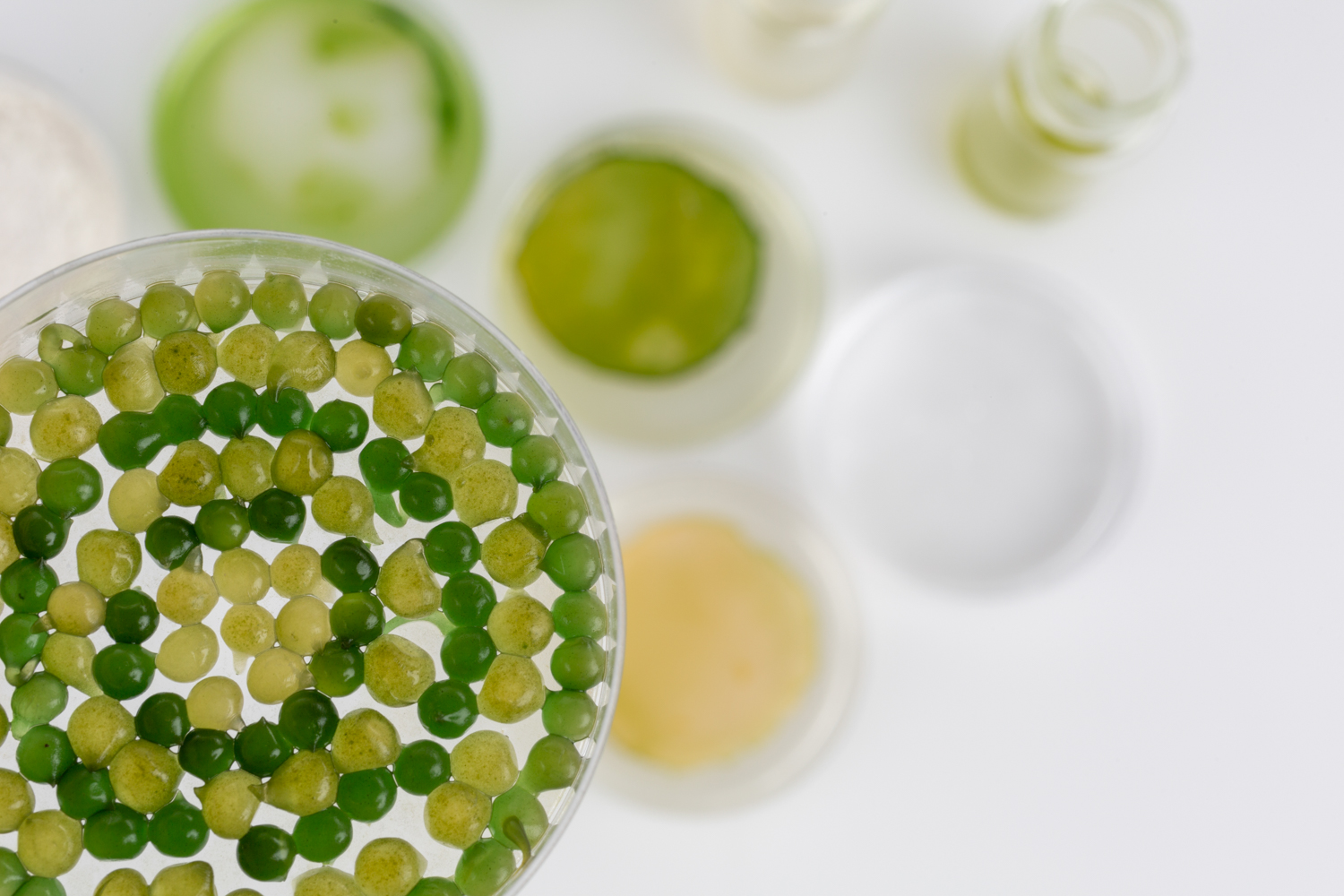
Please note! Course description is confirmed for two academic years, which means that in general, e.g. Learning outcomes, assessment methods and key content stays unchanged. However, via course syllabus, it is possible to specify or change the course execution in each realization of the course, such as how the contact sessions are organized, assessment methods weighted or materials used.
LEARNING OUTCOMES
After the course the student will
● Be familiar with and inspired by Finnish biomaterials, including cellulose fibers, micro- and nanofibrillar cellulose, cellulose derivatives, lignin, bark extractives and novel combinations of these
● Understand the basics of material sustainability
● Know basic methods and safety rules in explorative material research
● Have experience on interdisciplinary working environment in practice
● Be able to discuss and to apply the gained knowledge in material experiments
Credits: 3
Schedule: 05.03.2021 - 14.05.2021
Teacher in charge (valid 01.08.2020-31.07.2022): Pirjo Kääriäinen, Tapani Vuorinen
Teacher in charge (applies in this implementation): Tapani Vuorinen
Contact information for the course (valid 29.01.2021-21.12.2112):
Tapani Vuorinen (tapani.vuorinen@aalto.fi), responsible teacher, CHEM
Pirjo Kääriäinen (pirjo.kaariainen@aalto.fi), responsible teacher, ARTS
Janika Lehtonen (janika.lehtonen@aalto.fi), responsible for the laboratory works
CEFR level (applies in this implementation):
Language of instruction and studies (valid 01.08.2020-31.07.2022):
Teaching language: English
Languages of study attainment: English
CONTENT, ASSESSMENT AND WORKLOAD
Content
Valid 01.08.2020-31.07.2022:
Introductory lectures to bio-based materials, material research and design. Experimenting with bio-based materials in laboratory. A material design project in groups. Final seminar on the design projects.
Applies in this implementation:
After the kickoff event on 5.3.2021 and a lecture session on 12.3.2021, the students will continue to work in laboratory (in pairs). 15.-26.3. they will get familiar with bio-based materials and learn to work with them in laboratory. Later, the focus will be in the design projects that will be done in groups of ca. 4 students. Short talks and tutoring will complement the laboratory and team work. The course will end in the final seminar where the teams present their design projects.
One project will be selected to represent Aalto University CHEMARTS in the Biodesign Challenge 2021.
Assessment Methods and Criteria
Valid 01.08.2020-31.07.2022:
Working in laboratory, design project and final presentation.
Applies in this implementation:
By default, the same grade (1-5) will be given to the whole team; evaluated through observation of
- working process and activity (active participation, laboratory safety and cleanness, activity in teamwork)
- ideation and design thinking (creativity, usability, idea development)
- project outcome and presentation (informativeness, clarity, sustainability, visualisation)
If a student's individual performance is remarkably above or under the team's performance, the individual grade can be raised or lowered by one grade.
Workload
Valid 01.08.2020-31.07.2022:
Lectures, laboratory works, seminar presentation, individual/group work.
Applies in this implementation:
3 cr = 81 hours in total
12 h Lectures and tutoring
12 h Readings and reflection
15 h Laboratory work
30 h Remote work individually, or in pairs/teams
12 h Preparing and attending the final presentation
In addition, students working for 5 credits will prepare a report individually, focusing on a topic of their interest (agreed with the teaching staff beforehand.) More detailed guidelines will be shared during the course.
DETAILS
Study Material
Valid 01.08.2020-31.07.2022:
Kääriäinen, Tervinen, Vuorinen, Riutta (eds.), The Chemarts Cookbook, Aalto University, 2020.
Prerequisites
Valid 01.08.2020-31.07.2022:
The student needs to pass the electronic CHEM-E0140 Laboratory Safety Course (0 cr) (or equivalent CHEM's laboratory safety training) before the laboratory works begin.
SDG: Sustainable Development Goals
9 Industry, Innovation and Infrastructure
12 Responsible Production and Consumption
15 Life on Land
FURTHER INFORMATION
Details on the schedule
Applies in this implementation:
Due to the Covid-19 pandemic, the laboratory works are scheduled on several weekdays to limit the number of students working simultaneously in the laboratory.
The alternative weekly times are: Tuesday morning (9-12), Tuesday afternoon (13-16), Thursday morning (9-12), Thursday afternoon (13-16), Friday morning (9-12) and Friday afternoon (13-16).
In laboratory, the students will work in pairs. The maximum number of students in each time slot will be limited to 14. The laboratory works will begin on week 11 and continue until week 17.
The kickoff of the course will be on March 5th (13-16) in Zoom, and lectures continue on March 12th. Otherwise, short talks and tutoring of student groups (ca. 4 students per group) will be organized on Friday afternoons in Zoom. All talks will be recorded for those who cannot attend online. The final seminar will be held in Zoom on May 14.
